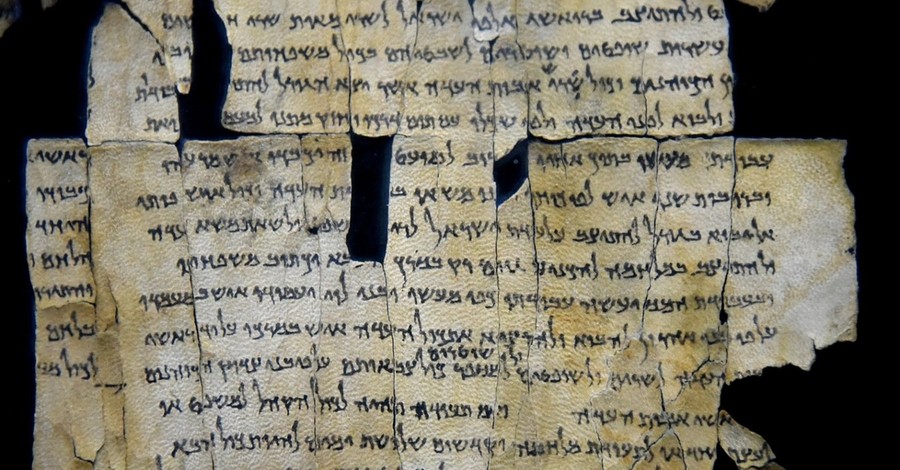
Israeli researchers have made a breakthrough discovery about the origin of the Dead Sea Scrolls, following an intense seven-year study.
CBN News reports that the study involved DNA samples taken from the ancient manuscripts.
The results showed that some of them were written far off in the Qumran instead of the Dead Sea, where it is widely considered that they were composed by an ancient Jewish sect known as the Essenes.
The researchers made the discovery following a DNA analysis of the animal skin that the scrolls were written on.
“Almost all the scrolls we sampled were found to be made of sheep skin,” said Tel Aviv University Professor Oded Rechavi, who led the interdisciplinary team.
“And accordingly most of the effort was invested in the very challenging task of trying to piece together fragments made from the skin of particular sheep, and to separate these from fragments written on skins of different sheep that also share an almost identical genome,” Rechavi continued.
A notable find in the study revealed that two fragments of the book of Jeremiah were scripted on cowhide; which was not initially found in their location of discovery in the Judean desert.
“Cow husbandry requires grass and water, so it is very likely that cow hide was not processed in the desert but was brought to the Qumran caves from another place,” Rechavi noted.
Additionally, different renditions of the prophetic book were shown in the two fragments, that differ from the biblical text found today.
“The ancient DNA proves that two copies of Jeremiah, textually different from each other, were brought from outside the Judean Desert,” explained Professor Noam Mizrahi.
Prof. Mizrahi implied that the ancient Jewish sects were more concerned over the text’s “correct” interpretation instead of its exact wording or linguistic form.
“Imagine that Israel is destroyed to the ground, and only one library survives – the library of an isolated, ‘extremist’ sect: What could we deduce, if anything, from this library about greater Israel?” Prof. Mizrahi said.
Despite the tedious process that the project brings, it does provide further insight of the biblical text within its historical context.
“We don’t always know precisely where each fragment was discovered, and sometimes false information was given about this matter,” said Prof. Mizrahi. “Identifying the place of discovery is important, because it affects our understanding of the historical context of the findings.”
The researchers will conduct further analysis of more fragments to grow their understanding of the animals used in production of the ancient text.
Prof. Rechavi also noted that the discovery of the DNA samples can give researchers assistance in distinguishing forgeries of the ancient fragments.
Photo credit: Wikimedia Commons
Milton Quintanilla is a freelance writer and content creator. He is a contributing writer for CrosswalkHeadlines and the host of the For Your Soul Podcast, a podcast devoted to sound doctrine and biblical truth. He holds a Masters of Divinity from Alliance Theological Seminary.










